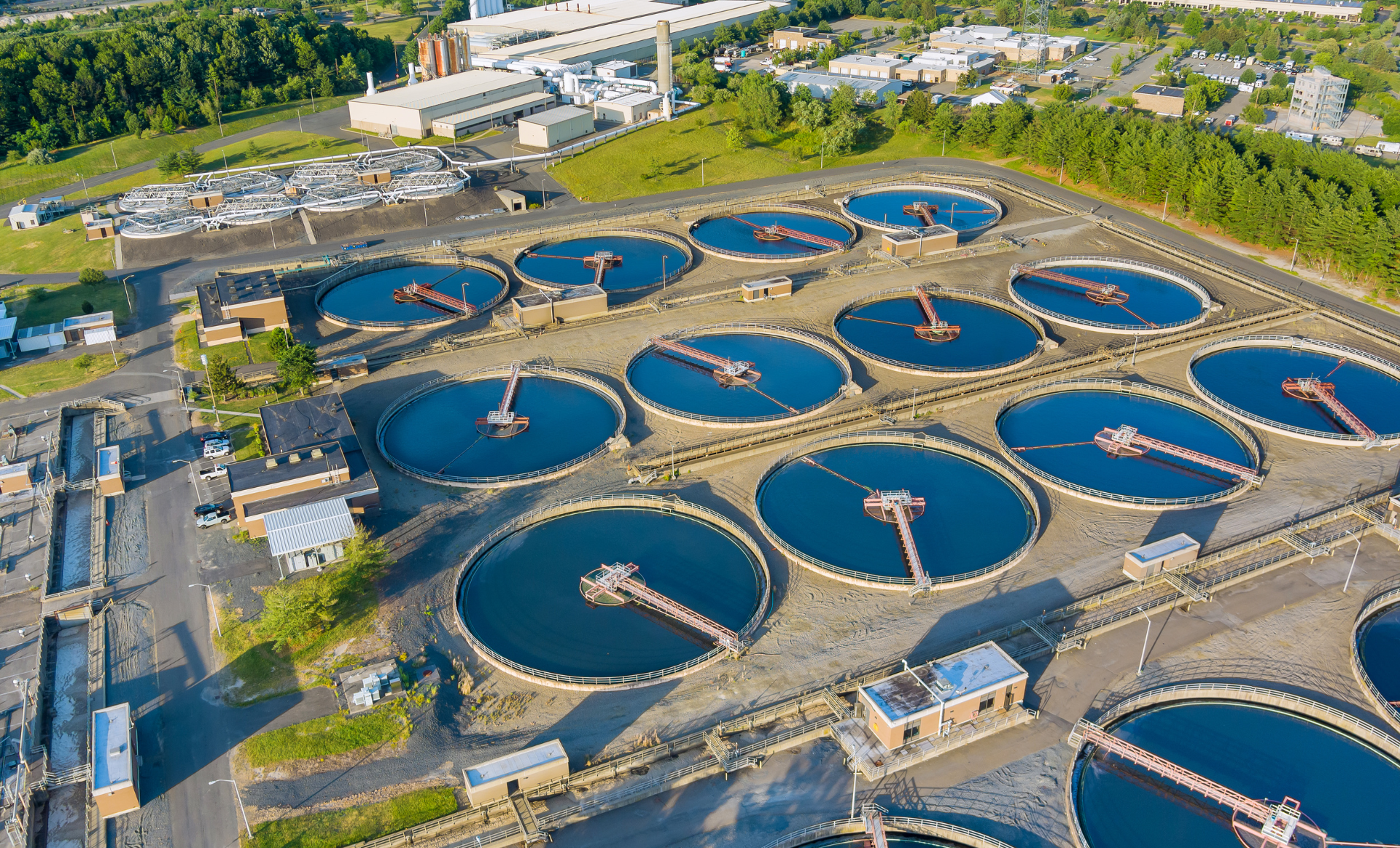By 2030, total global water demand is projected to outstrip water supply by 40%. Water efficiency and reuse are powerful strategies for meeting our agricultural, industrial, and domestic water needs while protecting freshwater ecosystems. They can also reduce energy use and greenhouse emissions and create new business and employment opportunities.
The Pacific Institute is at the forefront of assessing water efficiency and reuse opportunities. We develop leading-edge research and analysis and share our findings with non-governmental organizations, utilities, and businesses to drive meaningful and lasting change. Through strategic partnerships across the private and public sectors, we influence investments in water efficiency and reuse in the United States and broader global dialogues.
Download our water efficiency and reuse overview here.
Contribute to a Water Resilient Future
When you support Pacific Institute, you’re not only contributing to science-based research, you’re helping advance solutions to the world’s water challenges.
Connect With Us
Subscribe to our newsletter for the latest news, publications, resources, and more.



